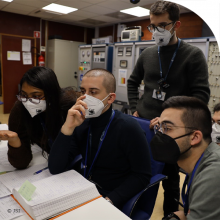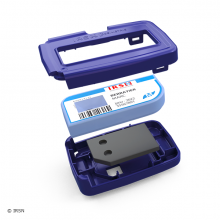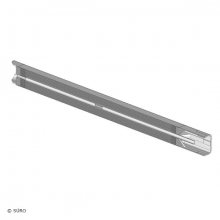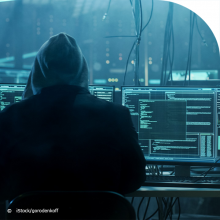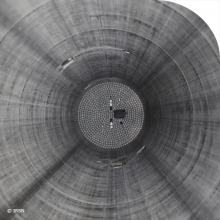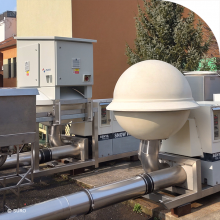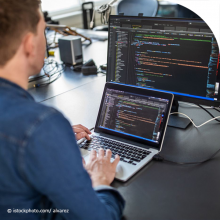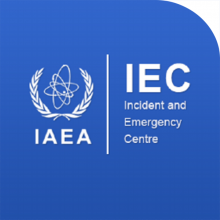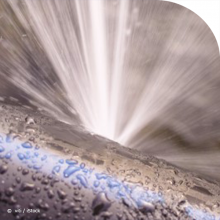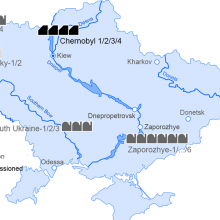News from ETSON and its members*
In the framework of the EU-funded project “ENEEP – European Nuclear Experimental Educational Platform”, a demonstration course titled “Experimental Reactor Physics” was successfully carried out at the Jožef Stefan Institute for a group of 10 students in February 2022.
As part of the radiological monitoring of workers exposed to ionizing radiation, IRSN provides dosimetry services by continuing its R&D efforts to make available state-of-the-art dosimeters. This is the case for the "new generation" RPL-neutron dosimeter, which was put into service on January 1, 2022.
One of the biggest challenges for today's European research reactors is the sustainability of their operation and the related need to secure the supply of nuclear fuel. Two groups of research reactors are particularly affected by this challenge.
"The Internet is on fire" – that was the message in mid-December 2021 when a security loophole in the Java framework log4j became known, making a wide range of cyber-attacks possible. The Federal Office for Information Security then raised a "red" alert, the highest warning level. Quite a number of companies around the world have turned out to be affected. On behalf of the Federal Ministry for the Environment, GRS experts are analysing cyber-attacks and security incidents that may also be relevant for German nuclear facilities and installations in order to protect them accordingly.
The sealing of a geological repository for radioactive waste must ensure a major containment function over a very long period. To enable its experts to assess the safety files drawn up by Andra (1) as part of the CIGÉO project (2) IRSN is conducting active research on this topic, as shown by the VSEAL project, carried out in its underground research laboratory in Tournemire (Aveyron).
A team of young researchers at the National Radiation Protection Institute in Prague uses state-of-the-art tools to measure and instantly visualise current radiological and meteorological data, making the results ready for interpretation in a matter of seconds.
GRS now offers an extended and revised version of its AC² code package which is used worldwide by supervisory authorities, expert organisations and universities as well as research centres to review the safety of nuclear power plants and other nuclear facilities. The updated version allows i. a. the better simulation of technical features of so-called SMRs (Small Modular Reactors).
Under the Convention on Assistance in the Case of a Nuclear Accident or Radiological Emergency, IAEA Member States may request assistance by the Agency via its Response and Assistance Network (RANET).
Steam generator tubes in pressurised water reactors are exposed to high stresses such as high temperatures or large pressure differences. In combination with possible corrosive effects due to deposits in the outer area of the tubes, these stresses can at worst lead to leakages, which in turn could have an influence on operational safety. A team of researchers from GRS and the Materials Testing Institute of the University of Stuttgart has therefore conducted in-depth investigations into such leakages with the support of the Federal Ministry for the Environment and the Federal Ministry of Economic Affairs. The scientists have now developed a flow model with which the leakage rate of the escaping medium can be determined even more precisely than previously possible.
During the last weeks, I have observed the status of nuclear safety in Ukraine with regard to the Russian Federation’s continued attacks against Ukraine with great concern. I specifically reviewed the nuclear safety implications of the attacks against nuclear installations in Ukraine, which I strongly condemn.
Pagination
Stay informed - subscribe to our newsletter.
Copyright · All rights reserved








